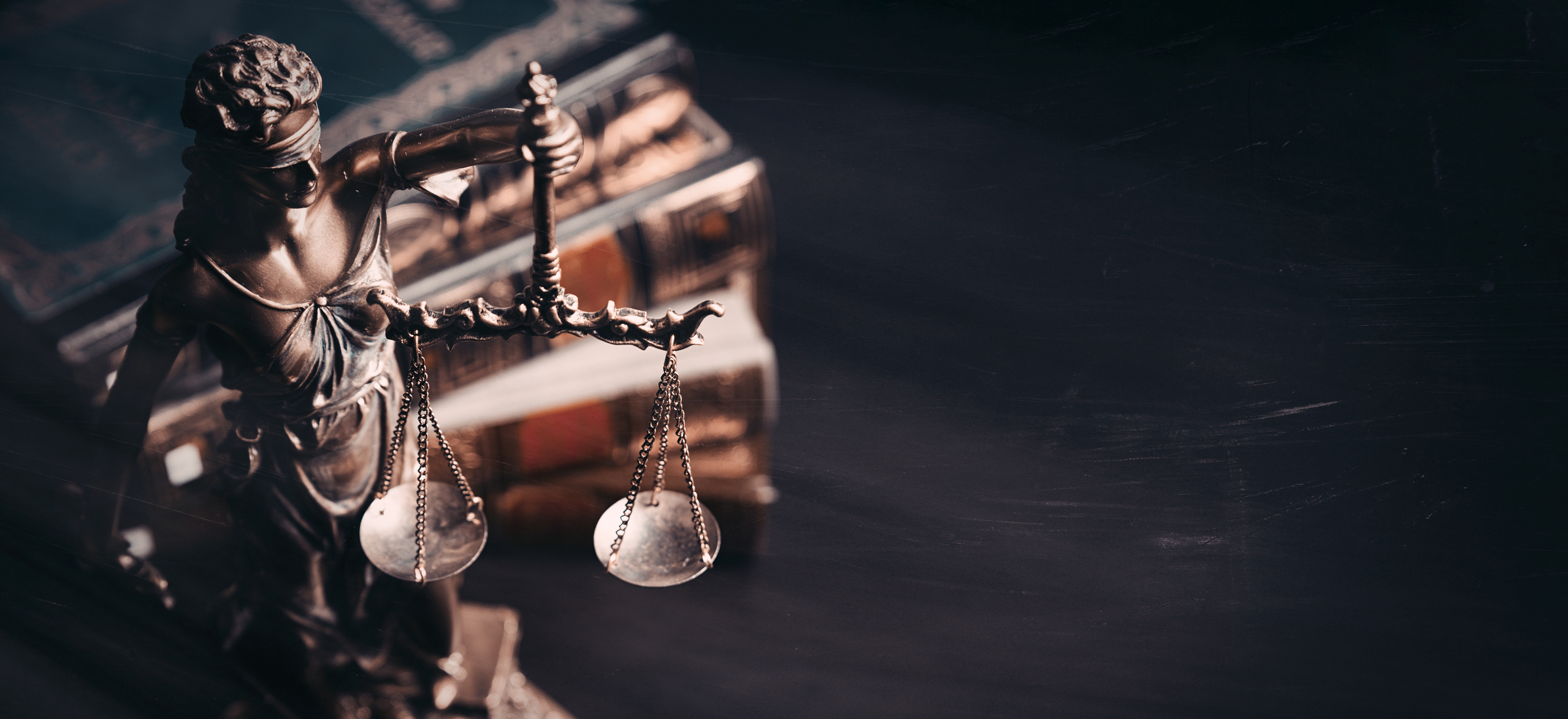
Pokemon Go-maker Niantec moved to dismiss the class action that alleges the wildly popular app causes droves of users to trespass on private property in order to find, buy, and play with in-game prizes. Niantec points the finger at its users, insisting the game maker is not responsible for what users do since it displays disclaimers telling them not to trespass.
But as we've written, trespass does not require knowledge of the plaintiff's ownership, or knowledge of the entry, as long as the trespass is foreseeable. "An entry may also be accomplished by setting in motion an agency which, when put in operation, extends its energy to the plaintiff's premises to its material injury." (Elton v. Anheuser-Busch Beverage Group, Inc. (1996) 50 Cal.App.4th 1301.) Thus, even a hacker's electronic signals have been held to be a trespass. (Thrifty-Tel, Inc. v. Bezenek (1996) 46 Cal.App.4th 1559, 1566, fn. 6.). "Trespass may be '"by personal intrusion of the wrongdoer or by his failure to leave; by throwing or placing something on the land; or by causing the entry of some other person . . . ."'" (Martin Marietta Corp. v. Insurance Co. of N.A. (1995) 40 Cal.App.4th 1113, 1132.)
The hearing is set for May 4.
You can find our articles on this story at our California Trespass Law site.